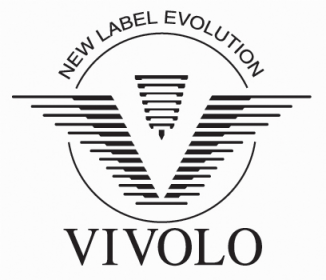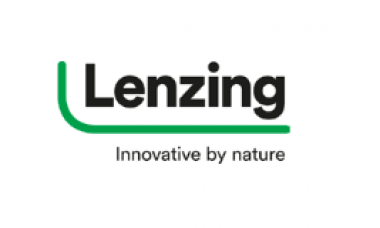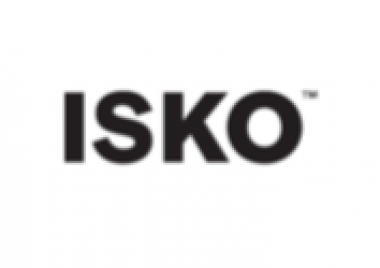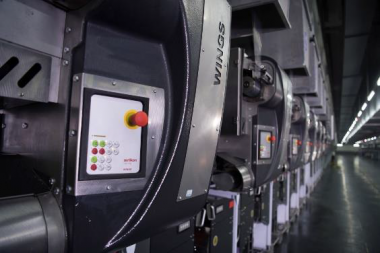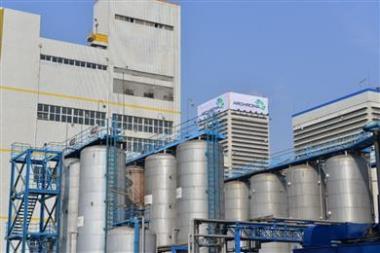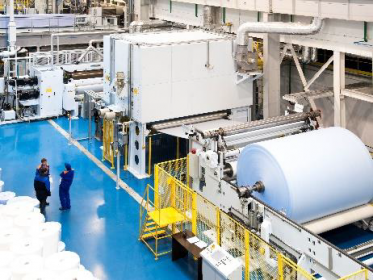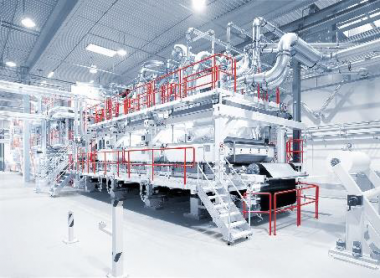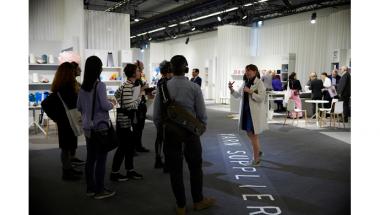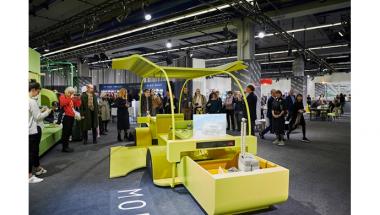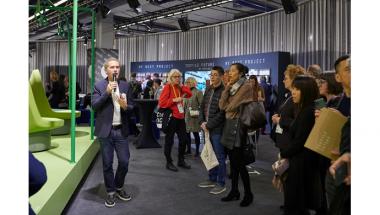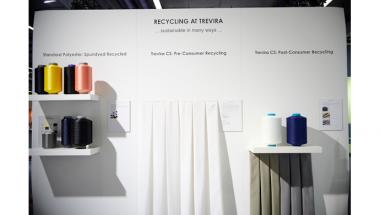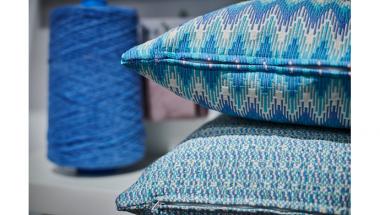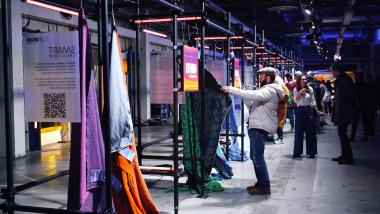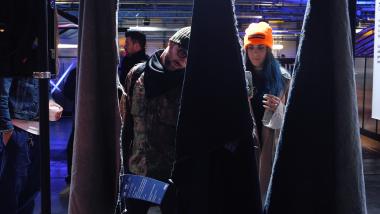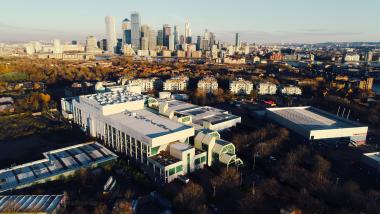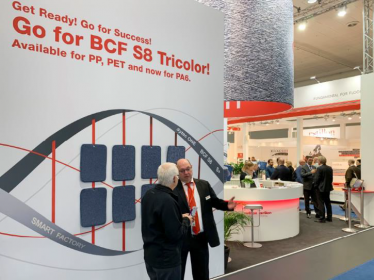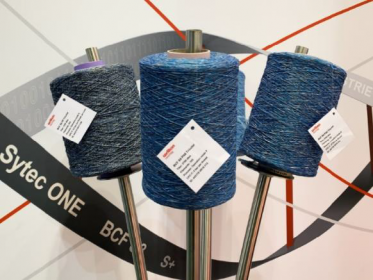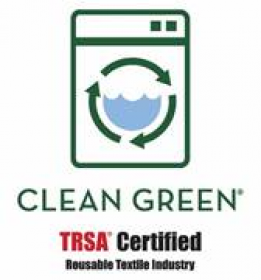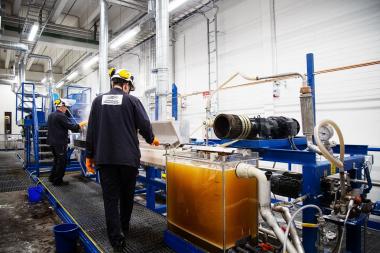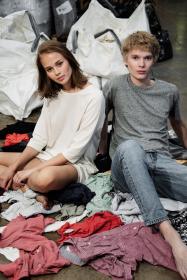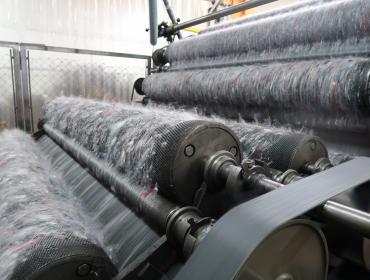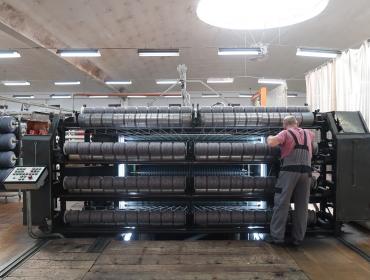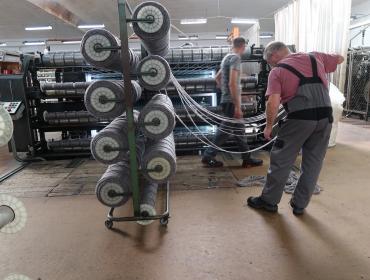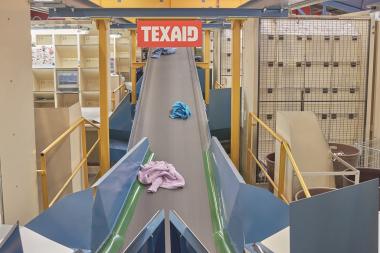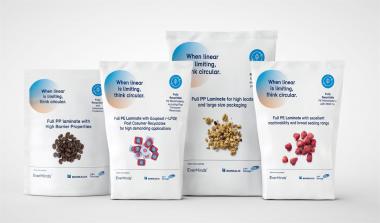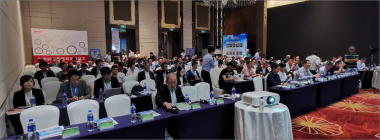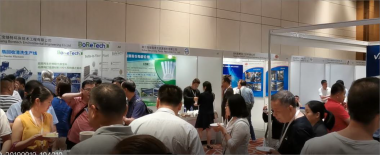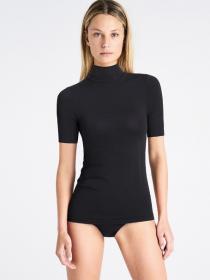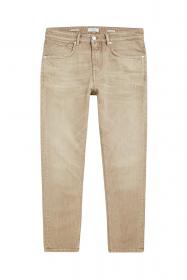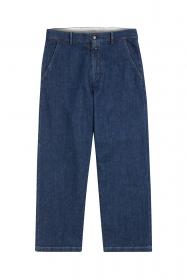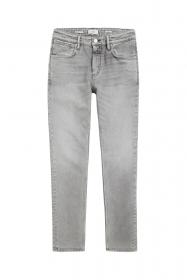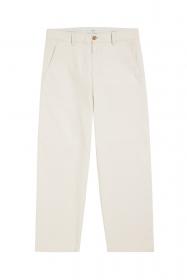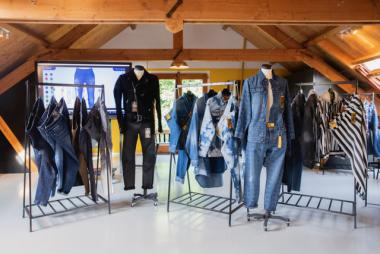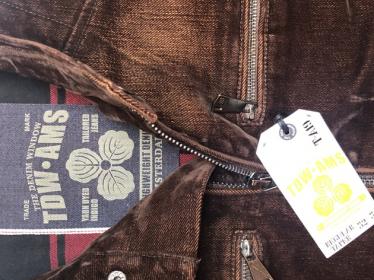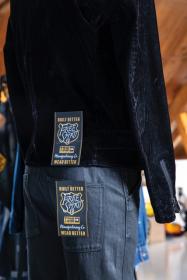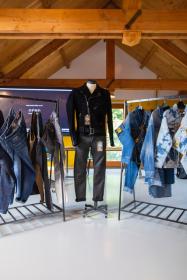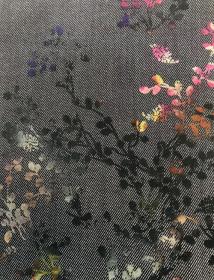Individuelle Oster-Geschenke von Feuerwear
Das Kultlabel bringt nachhaltige Taschen und Accessoires aus gebrauchtem Feuerwehrschlauch in die Osternester nach Hause
Die Tage werden länger, Ostern steht vor der Tür. Damit die Feiertage Zuhause entspannt und zu etwas Besonderem werden, hat das Kultlabel Feuerwear ein paar besondere Überraschungen parat. Denn was gibt es schöneres als nachhaltige, individuelle Lieblingsstücke zu verschenken? Ob Rucksack, Schreibmappe oder Portemonnaie: Alle Produkte der Feuerwear Mannschaft sind aus gebrauchtem Feuerwehrschlauch gefertigt. Spuren und Aufdrucke vergangener Einsätze machen jedes Exemplar zu einem Geschenk mit Geschichte und Charakter. Ob für Freunde, Partner oder Familienmitglieder – per PDF-Gutschein kann sich jeder Beschenkte sein Unikat individuell und von jedem Ort aus im Online-Shop aussuchen.
Portemonnaie Fred
Fred von Feuerwear überzeugt als Präsent mit Design, Funktion und Nachhaltigkeit: Die clever durchdachte Innenaufteilung bietet genügend sicheren Platz für Ausweise, Karten und Geld. Neben dem Kleingeld- und Scheinfach verfügt Fred über 11 Kartenfächer, von denen 8 kompakt an einem Stück herausgenommen werden können.
Schreibmappe Pete
Noch ein praktischer Helfer, der seinen Besitzer langlebig unterstützt ist Pete. Ob Design-Entwürfe oder wichtige Unterlagen: Er hält alle gelochten Dokumente sicher fest. In einer Lasche auf der linken Seite befinden sich zwei Fächer für Visitenkarten sowie ein Reißverschlussfach für Kleingeld oder einen USB-Stick. Zur Mappe, die es in A4 und A5 gibt, wird ein nachhaltig hergestellter Stift geliefert, der in dem integrierten Halter Platz findet.
Rucksäcke aus der Feuerwear-Mannschaft
Die feuerfesten Alltagsbegleiter machen mit ihrem einzigartigen und charakterstarken Auftreten stets eine gute Figur und bieten genügend Platz für alles, das immer dabei sein soll. Mit ihrem robusten Material aus gebrauchtem Feuerwehrschlauch sind sie besonders strapazierfähig: Feuerwehrschlauch ist unempfindlich gegen Hitze, Kälte, Nässe oder Stöße. Mit seiner hochwertigen, handgefertigten Verarbeitung schützen sie ihren Inhalt wie echte Helden. In Kürze wird ein neues Mannschaftsmitglied vorgestellt: Rucksack Elliot mit gradlinigem Design.
Immer brandheiss: Gutscheine
Die Entscheidung ist noch nicht gefallen oder soll dem Beschenkten selbst überlassen werden? Für jeden Anlass bietet Feuerwear den perfekten Gutschein, der im Webshop eingelöst werden kann. Es kann zwischen Gutscheinen von 10 € bis 210 € gewählt werden. Sie sind zu finden unter: https://www.feuerwear.de/feuerwear-gutschein
Aktuelle Aktion
Für alle, die selbst eine Oster-Überraschung entdecken wollen: Ab sofort gibt es im Webshop bis zum 9. April jeden Tag drei Gutscheine zu finden. Feuerwear drückt die Daumen für die Suche!
Mit einer großen Premiere für die zahlreichen Einzelhandelspartner von Feuerwear sollte diese Aktion auch kanalübergreifend auf die Geschäfte ausgeweitet werden. Die starke Online-Reichweite ließe sich so auch mit dem taktilen Einkaufserlebnis vor Ort verknüpfen.
In der gegenwärtigen Situation kann die Aktion leider noch nicht stattfinden. Zum Glück ist das Label nicht an die Osterzeit gebunden und wird die Feuerwear Schatzsuche bei den Partnern einfach etwas später starten. Dazu wird es bald entsprechende Informationen über die Website und den Newsletter geben.





